Transient Response
20% Load – 20ms
| Voltage | Before | After | Change | Pass/Fail |
| 12V | 12.048V | 11.711V | 2.80% | Pass |
| 5V | 5.041V | 4.914V | 2.51% | Pass |
| 3.3V | 3.349V | 3.189V | 4.78% | Pass |
| 5VSB | 5.046V | 4.968V | 1.54% | Pass |
50% Load -20ms
| Voltage | Before | After | Change | Pass/Fail |
| 12V | 12.028V | 11.878V | 1.25% | Pass |
| 5V | 5.030V | 4.922V | 2.15% | Pass |
| 3.3V | 3.338V | 3.170V | 5.04% | Pass |
| 5VSB | 4.993V | 4.920V | 1.46% | Pass |
The transient response is mediocre overall.
Transient Response ATX v3.x Tests
The PSU passes all ATX v3.1 transient response tests, but the 12V rail drops low in the 200% load test.
The 12V rail doesn’t perform well, dropping its voltage low.
Pages:


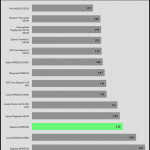
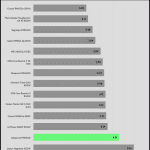
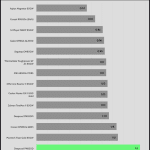
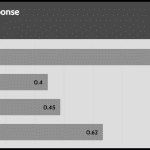
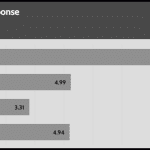
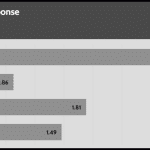
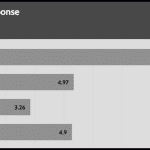
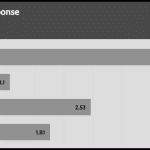
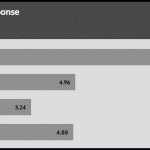
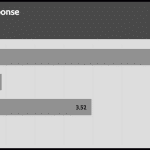
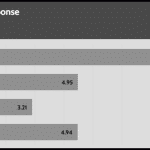
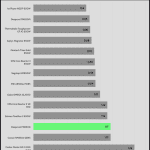
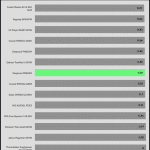
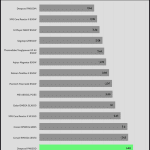



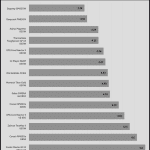
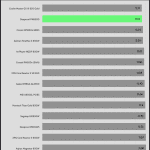
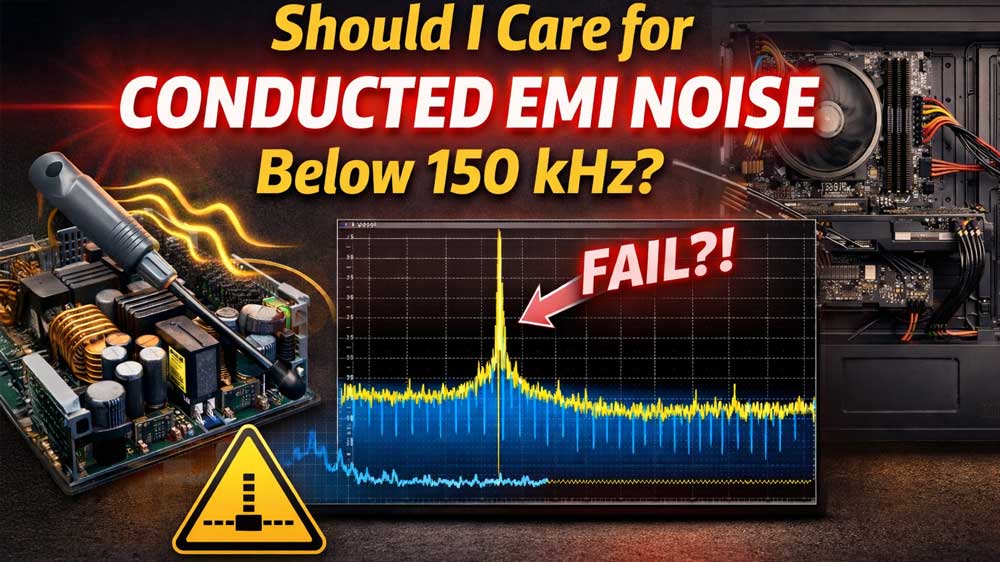

Hey. I bought this PSU for my new Pc build which has a rx 9070 xt and a Ryzen 5 9600x. I got it at around 75 dollars ( I don’t live in US so converting it). After reading your review and also noticing the limited reviews available online for this product. I wanted to ask if it’s okay to use this for a year or so after which I would be getting a new PSU so that hopefully it lasts longer. Also is this PSU safe enough so that my other components like GPU don’t get damaged hopefully.
You should use it and it will be fine. No need to spend to buy a new unit from the moment you have this one.
Hi Aris. Please look with more attention on PCB back side, is a broken copper circuit (close to D20). How is that possible? Protection circuit not working on all voltage rail?
Thank you! I will check it. Some of this damage may be inflicted by my engineers.
Yes, it is not working at -12V most likely, but I will look into that, thanks again!
Thanks as always for the review, Aris! This unit appears to be similar to the PM-D except with Deepcool’s square grille pattern; the PM-D has been very affordable in many countries, so it is good to see that it is decent enough to use.
The idea of somewhat budget, high-power and ATX 3.x compatible PSUs is interesting to me because, at least in my mind, by the time you have a 3090 or something else that might justify getting an 850W power supply, your PC should be high end enough that the extra $20-30 for something like the excellent PX-G line might not matter.
Still, I think that especially in the future, there might be a niche for these, as once the 3090 and 3090 ti become older, they will become more available on the used market, which will make them promising midrange options that will still have the same power requirements. I think that something like this can fill that niche very nicely.